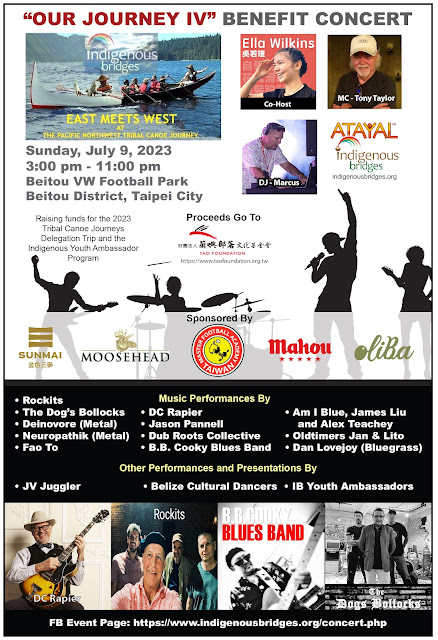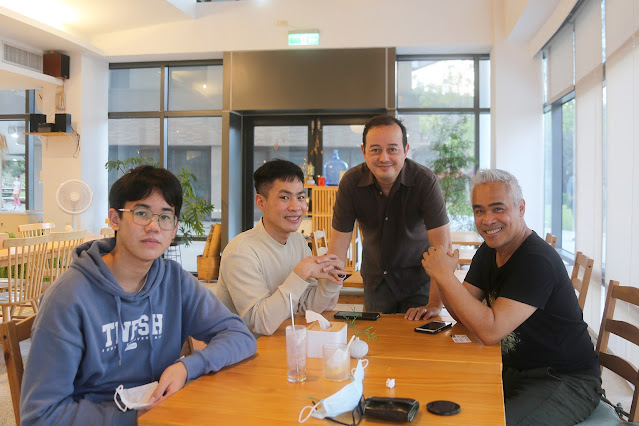Indigenous language preservation continues
 |
| Indigenous youth from the Paiwan group participating in the2021 National Indigenous Language Speech Contest in Taoyuan, Taiwan. |
Despite the Omicron variant of COVID-19 spreading worldwide, prompting additional protection measures, including lockdowns, in many countries, Taiwan has remained relatively safe. As of 12/25, Taiwan's authorities reported a total of 27 imported cases of the Omicron variant, all from inbound flights from fully-vaccinated travelers. However, there currently have been no local cases. The lack of local cases has allowed Taiwan to remain in business-as-usual mode, with some protective measures remaining in place.
 |
| Students practice their speeches before they compete. |
Schoolchildren have attended classes at school since the Fall Semester began, despite a partial lockdown affecting Taiwan from May-August 2021. Cultural and educational activities have also continued, including indigenous language education and related competitions. Taiwan's government has funded Indigenous language teaching for years, mandating that every student of Indigenous heritage is required access to an Indigenous language teacher for lessons weekly. In addition, substantial incentives, such as local and national competitions, are funded to provide encouragement for students and parents.
 |
| During the competition, the speeches are live streamed for parents and teachers. |
Fortunately, during the 2021 Summer Lockdown in Taiwan, Indigenous language classes continued for students online to continue the momentum. Without these continuous efforts, Taiwan's 16 official Indigenous languages may not be spoken and understood by future generations. The languages and cultures of Taiwan's Indigenous groups have been endangered in the past when colonial governments banned their use and practice for preference of the dominant colonial language. In the past 400 years, many of Taiwan's Indigenous languages have actually disappeared.
 |
| Representatives from Tainan City walk to the competition area. |
Given the importance of Taiwan's languages and cultures to the island's rich and diverse multi-faceted identity, any support for language preservation is critical. For the Indigenous youth, having some proficiency in their native language is key to being able to claim their Indigenous identity and benefits. Students receive special considerations for admissions into public high schools and universities, and may also be eligible for scholarships and special cultural exchange opportunities. Aside from academic incentives, there isn't an abundance of incentives and opportunities for Indigenous adults.
 |
| Last-minute cramming before the speech competition. |
That's where NGO's and grassroots programs can step in and fill the gaps. The Indigenous Bridges Youth Ambassador Program (IBYAP), organized by the international NGO, ATAYAL, is example of such a program. Students who have some proficiency and understanding of their native language and culture are provided support to access a new paradigm of opportunities. Indigenous youth from around of world and reaching out to each other increasingly for cultural and academic exchanges, with the impetus being their connections with their Indigenous communities. With indigenous communities around the world reaching out to each other, building trust through culture and exploring cooperation opportunities for sustainable development, Indigenous youth who are versed in multiple cultures and languages can become ideal representatives and leaders for their communities.
The Indigenous Bridges Youth Ambassador Program supports the Indigenous youth through international Indigenous exchange opportunities, continued training in cooperative sustainable development, academic scholarships and from English-language training volunteer English teachers. Visit the web page to find opportunities to support the program through donations, sponsorships or volunteering.




Comments
Post a Comment